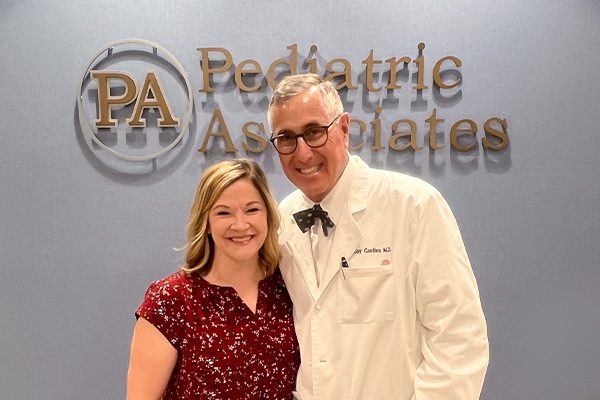As disheartening as breast cancer can be for the 250,000 women diagnosed every year in the U.S,[1] there is good news: the 5-year relative survival rate for breast cancer is as high as 99% for those with early diagnosis.[2] However, even this doesn’t mean much if women don’t receive the care needed for such early detection and subsequent treatment. The same goes for many other unique health challenges women face, such as cervical cancer and menopause.
Although social determinants of health that inhibit early diagnosis of cancers and other health problems are well-known in many circles, one factor often goes entirely unnoticed: trust. Even if a woman has easy access to care, she still may not feel comfortable addressing her unique concerns as a female. The patient may not want to talk about women’s health with a male provider, or even with a female provider, women may not feel comfortable discussing topics like sexual history. Additionally, many myths discourage women from addressing such concerns. For example, some women might believe that screenings are painful, unnecessary for women with specific body types, or only for women with a family history of cancer.
At Proactive MD, we know the answer to this lies in patient-provider relationships. One of our Health Center providers sought to close these gaps in women’s care through intentional outreach and building trust with her patients. After increased efforts to raise awareness for women’s health, make herself accessible as a resource, educating her patients, and deconstructing myths surrounding women’s health screenings, the following results were achieved at her Health Center:
- 120% more women’s health visits
- 80% more pap smears
Thanks to this provider, many women came to learn that women’s health screenings are nothing to fear or be embarrassed about. Instead, Proactive MD builds a culture where women’s health education is promoted, myths are busted, concerns are heard, and everyone is welcomed into world-class care alongside providers women can trust.
Sources:
[1] https://www.cdc.gov/cancer/breast/basic_info/
[2]https://www.cancer.org/cancer/breast-cancer/understanding-a-breast-cancer-diagnosis/breast-cancer-survival-rates.html




